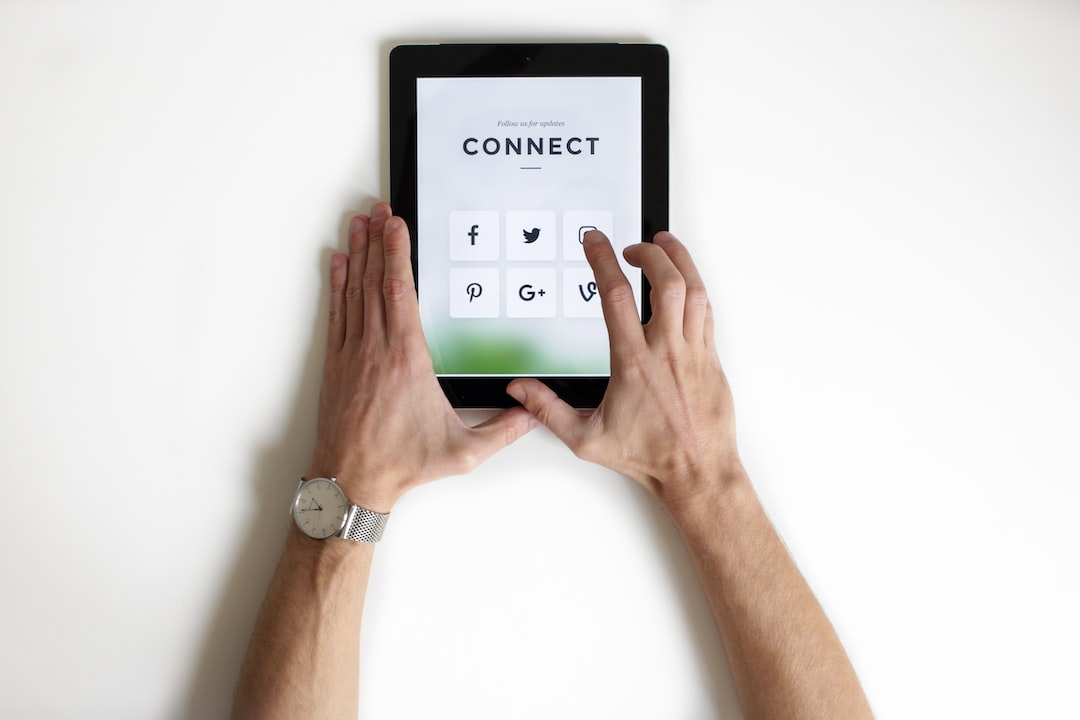The Role of Social Media in Shaping Cultural Norms
In today’s digital age, social media has become an integral part of our lives. It has revolutionized the way we connect and communicate with others, providing a platform for people from all walks of life to express their thoughts, share their experiences, and shape their cultural norms. Social media has the power to influence and shape our values, beliefs, and behaviors, creating a new cultural landscape that can either promote positive change or perpetuate harmful stereotypes. In this blog post, we will explore the role of social media in shaping cultural norms and its impact on society.
One of the most significant ways social media influences cultural norms is by providing a platform for marginalized voices to be heard. Historically, certain groups have been silenced or underrepresented in mainstream media, but social media has allowed individuals and communities to reclaim their narratives. Everyday people can now share their stories, experiences, and perspectives, which can challenge dominant cultural norms and create space for diverse voices to be heard. This has led to a greater awareness and understanding of different cultures, leading to a more inclusive and tolerant society.
Moreover, social media has played a crucial role in promoting social activism and raising awareness about various social issues. Hashtags like #BlackLivesMatter, #MeToo, and #ClimateStrike have gone viral on social media platforms, sparking global conversations and initiating real-world change. Movements that were once localized can now reach a worldwide audience, mobilizing communities and demanding action. Through the power of social media, cultural norms surrounding topics like gender equality, racial justice, and environmental sustainability have been challenged and transformed.
However, the influence of social media on cultural norms is not always positive. It has been criticized for perpetuating harmful stereotypes and promoting unrealistic beauty standards. Platforms like Instagram and Snapchat have popularized filters and photo-editing techniques that can alter one’s appearance, leading to a rise in body dissatisfaction and the spread of unattainable beauty ideals. Moreover, the constant exposure to curated images of idealized lifestyles can contribute to feelings of inadequacy and low self-esteem, further perpetuating societal pressures to conform to certain norms.
Social media has also been accused of fostering echo chambers and the spread of misinformation. Algorithms that prioritize content based on users’ preferences and engagement can lead to the creation of filter bubbles, limiting exposure to diverse viewpoints and reinforcing existing beliefs. This can polarize society and hinder critical thinking, as individuals are often only exposed to information that confirms their biases. Furthermore, the rapid spread of false information on social media platforms can have serious consequences, as seen in the rise of conspiracy theories and the undermining of trust in institutions.
Nevertheless, social media platforms have taken steps to address these concerns. Initiatives like Instagram’s “No Filter” campaign and the banning of certain photo-editing tools aim to promote authenticity and body positivity. Platforms have also pledged to combat the spread of fake news by partnering with fact-checking organizations, implementing warning labels, and promoting reliable sources. Additionally, efforts are being made to improve content moderation and combat cyberbullying, ensuring users’ safety and well-being.
As users of social media, we have a responsibility to actively engage with the content we consume and contribute to shaping cultural norms in a positive way. We can promote empathy and understanding by actively seeking out diverse perspectives and engaging in constructive dialogue. We can also use our platforms to amplify marginalized voices, raise awareness about important social issues, and challenge harmful stereotypes. By being conscious consumers of social media content, we can contribute to a more equitable, inclusive, and culturally aware society.
In conclusion, social media plays a pivotal role in shaping cultural norms in today’s society. It enables marginalized voices to be heard, promotes social activism, and raises awareness about important social issues. However, it also has the potential to perpetuate harmful stereotypes and spread misinformation. As users, we must be mindful of the content we consume and actively engage in shaping cultural norms in a positive and inclusive manner. By harnessing the power of social media responsibly, we can create a more equitable and culturally aware society for all.

